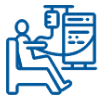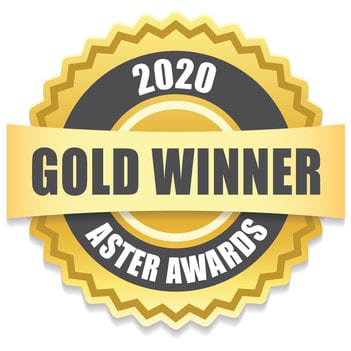Eat a well-balanced diet, for example: the DASH Diet. The DASH diet includes lots of vegetables, some fruits, lean protein, and whole grains.
Some good rules of thumb:
Fill ½ of your plate full of non-starchy vegetables, ¼ lean protein and a ¼ whole grain, with water as your beverage of choice. Avoid/limit fruit juice or regular sodas which add unwanted sugar and calories. Choose foods that are not highly processed and cook most meals at home.
These are best practices for both type 2 diabetes and CKD; this way you control what go into your meals and how big the portion. Your hand is a good guide for portion size especially for carbohydrates. One serving of carbs is about ½ cup cooked or the size of the front of a fist. Carbohydrates are important for good health in that they provide energy to your body, especially your brain. But when you eat too big of a portion, too much sugar or refined grains your blood glucose (sugar) can spike. Over time, high blood glucose can cause damage.
Choose whole grains like barley, oats, whole wheat, or brown rice. Not only do they provide lots of B Vitamins (good for energy), fiber (good for your GI tract, keeps you full longer), but they also don’t spike your blood sugar because they take longer to digest. Of course, it is still important to watch the portion size with whole grains, too. Daily activity is also important for both type 2 diabetes and CKD, so try taking a walk after dinner this will help manage your blood glucose and help with weight loss or weight maintenance. Check out the DASH Diet downloadables on the Kidney Kitchen resource pages to help get you started, or talk with a renal dietitian.












